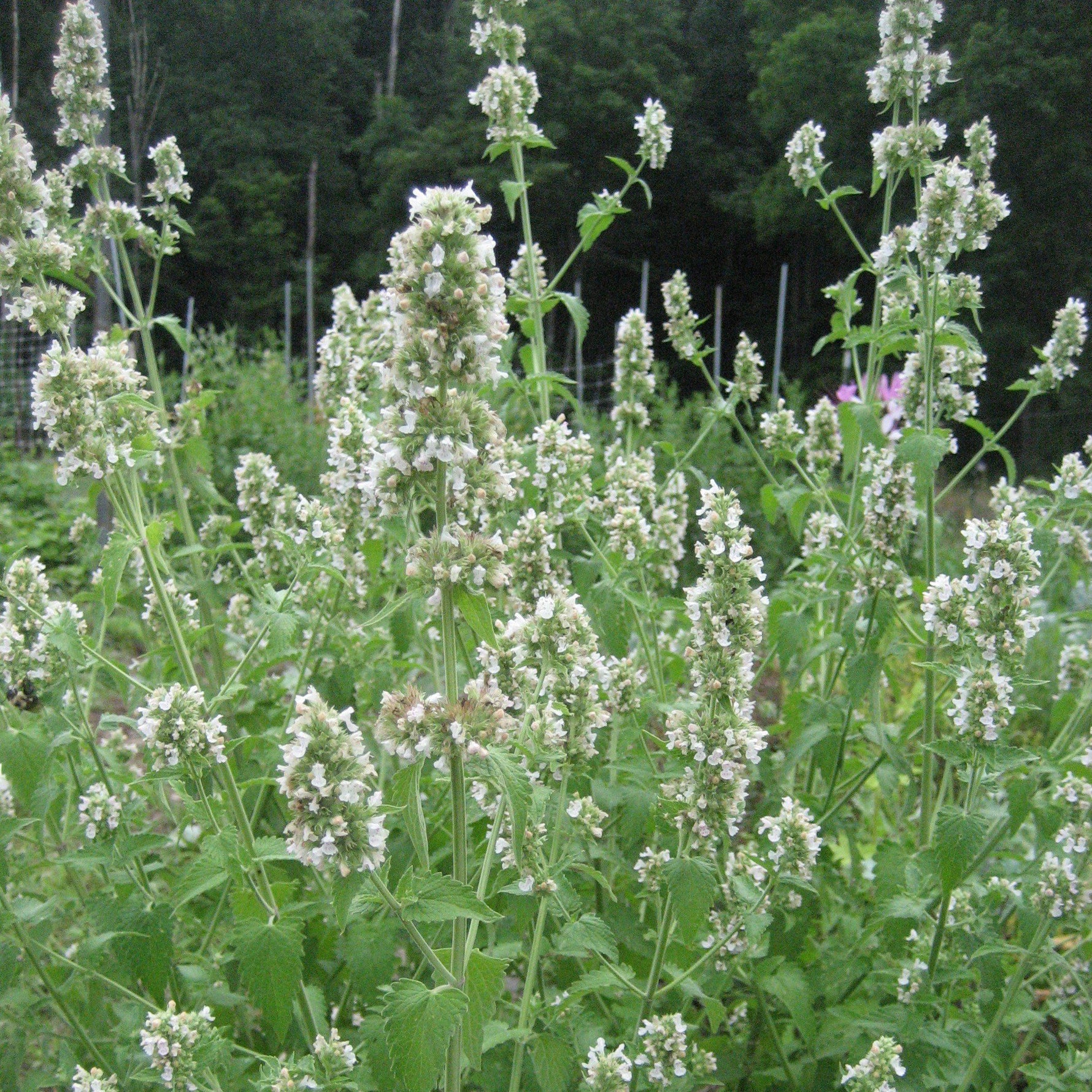
Dharaseeds
Catnip Seeds - Lemon
Estimated Free Delivery between April 16 and April 19.
Secured Payment Methods
Your transaction is protected with advanced security measures to keep your information confidential
The Lemon Catnip variety offers all the beloved qualities of traditional catnip with a refreshing citrus twist. Known for its invigorating aroma and flavor, this variety adds a zesty note to both feline playtime and herbal remedies. With its vibrant green leaves and lemon-scented fragrance, Lemon Catnip is a unique addition to any herb or pet-friendly garden. Not only does it attract cats with its nepetalactone content, but its crisp, refreshing scent also makes it a favorite for gardeners who love multi-purpose herbs.
Key Benefits
- Cat Attraction: Like standard catnip, this variety contains nepetalactone, which induces playful behavior and excitement in cats.
- Lemon-Scented: Offers a fresh citrus fragrance that adds a unique twist to traditional catnip’s minty aroma.
- Herbal Uses: Ideal for making soothing teas and herbal infusions with a bright lemon flavor.
- Easy to Grow: Thrives in various soil types and requires minimal care, making it perfect for both beginners and experienced gardeners.
- Pollinator Friendly: Attracts bees and butterflies, contributing to a healthy garden ecosystem.
Variety Features
- Plant Characteristics: Compact, bushy plants with pale green, aromatic leaves and spikes of lavender to white flowers.
- Height: Typically grows between 18–24 inches tall.
- Flavor and Aroma: A distinctive lemon scent mixed with the traditional minty undertones of catnip.
- Hardiness: Thrives in USDA zones 3–9, with good cold tolerance.
Planting Instructions
Planting Season
- Outdoors: Sow seeds in early spring after the last frost or in late summer for a fall harvest.
- Indoors: Start seeds 6–8 weeks before the last expected frost.
Planting Details
- Seed Depth: Plant seeds about 1/8 inch deep.
- Spacing: Space seeds or seedlings 12–18 inches apart for best growth.
- Soil Requirements: Prefers well-drained, fertile soil with a slightly acidic to neutral pH (6.0–7.0).
- Sunlight: Requires full sun for optimal growth but can tolerate partial shade.
Care Instructions
- Watering: Keep soil consistently moist, but avoid over-watering. Once established, Lemon Catnip is relatively drought-tolerant.
- Fertilization: Apply a balanced fertilizer at planting time and during the growing season if needed.
- Pruning: Trim dead or spent flowers regularly to maintain plant health and encourage new growth.
- Pest and Disease Control: Lemon Catnip is generally resistant to pests but may occasionally attract aphids. Use natural pest control methods, such as insecticidal soap, if necessary.
Harvesting
- Maturity: Lemon Catnip is ready to harvest in approximately 75–85 days after planting.
- Method: Harvest when the plant has reached a height of 12–18 inches. Snip the stems just above the base to encourage regrowth.
- Best Time: The best time to harvest is early in the morning when the plant’s essential oils are most concentrated.
Storage
- Short-Term: Fresh leaves can be stored in the refrigerator for up to one week.
- Long-Term: For long-term storage, dry the leaves in a cool, dark place. Once dried, store them in airtight containers away from light for up to 6 months.
Culinary and Practical Uses
- For Cats: Use dried or fresh Lemon Catnip leaves to stuff toys or sprinkle around your home for feline playtime.
- Herbal Tea: Brew dried leaves into a refreshing, calming tea with a distinct lemon flavor.
- Aromatherapy: The lemony fragrance can be used to refresh indoor spaces or in homemade sachets.
- Medicinal Uses: In addition to its calming effects on cats, Lemon Catnip has mild sedative properties for humans and can be used to relieve stress and aid digestion.
Conclusion
Lemon Catnip brings a refreshing twist to the classic catnip experience, offering all the benefits your feline friends love while providing a citrusy aroma that adds a unique element to your herb garden. Whether for stimulating your cats, brewing relaxing teas, or simply enjoying its pleasant fragrance, this premium organic variety is sure to be a hit in any garden. Grow your own Lemon Catnip from seed for a fun, fragrant, and versatile addition to your home.








